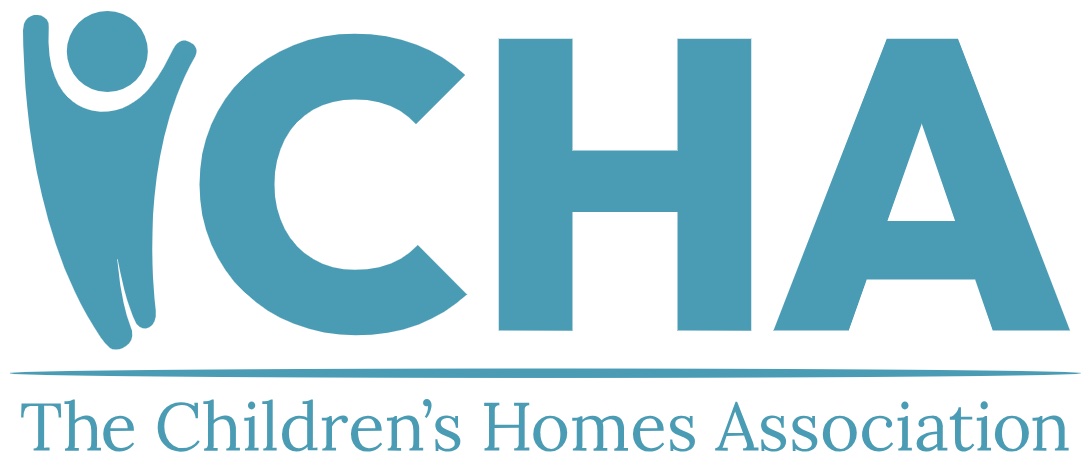NAO report confirms a system on the brink—government must finally back the residential childcare workforce
The Children’s Homes Association (CHA), representing providers across England and Wales, today responds to the National Audit Office’s (NAO) report Managing children’s residential care and the statement from the Chair of the Public Accounts Committee.
Today's NAO report has laid bare what those in the sector have long warned: the residential care system is financially unsustainable and failing too many of the children it is meant to protect. Expenditure has almost doubled in just four years, rising to £318,400 per child per year, while more children are placed far from home, in unregistered provision, or moved repeatedly from one placement to another.
CHA warns that the government’s piecemeal reforms are too slow and fail to address the root causes— especially the lack of investment in the residential childcare workforce.
Dr Mark Kerr, Chief Executive of the Children’s Homes Association, said:
“The NAO report confirms what we see daily: a system where demand is rising, spending is intensifying, and children are not consistently getting the right placement. But missing from the government’s response is the single most important ingredient—people. Despite billions invested in the early years workforce, adult social care, and even fostering, there is still no comparable investment in children’s residential care staff. This neglect means high turnover, agency reliance, and homes unable to take children with the most complex needs. That failure lands hardest on the most vulnerable children.”
Why expenditure has increased
Costs have not risen simply because of inflation. Structural pressures are at play: homes are getting smaller, staff-to-child ratios are rising, and councils are competing with one another for limited places, especially for children with the most complex needs. The government has responded by shifting the financial burden to local authorities, forcing overspends and leaving council taxpayers to pick up the bill.
The lifelong cost of failure
Failure to provide the right placement at the right time does not just increase today’s bills — it creates billions of pounds of avoidable costs across a child’s lifetime, passed on to health, education, housing and criminal justice. This is the very definition of a false economy.
A missing voice and ‘forgotten sector’ in reform
The Independent Review of Children’s Social Care (2022) was billed as a once-in-a-generation opportunity. Yet it largely ignored residential care, overlooking the reality that for thousands of children it is not fostering but residential provision that provides stability, safety, and the chance to recover from trauma.
A neglected workforce
Government repeatedly points to millions in capital funding for new homes. But physical buildings are the easy part. The true capital in children’s homes is people — the skilled, committed residential staff who provide stability and care. Without urgent investment in the workforce, new homes risk standing half-empty.
Private Equity dominance
The NAO cites CHA’s warning that the largest national providers will simply game the profit cap. Private equity-owned chains can restructure their finances so the cap never touches their margins. By contrast, smaller practice-led providers — those who put children before shareholders — cannot play those games and risk being pushed out. CHA has already excluded tax haven-based providers from membership, and DfE has signalled intent to follow our lead. Yet instead of confronting the private equity Ponzi scheme in children’s care, government appears to be cosying up to it — at the expense of the homes that deliver genuine care, and organisations we need to develop new specialist provision right now.
CHA is calling for emergency intervention:
Planning
End the postcode lottery in securing planning consent for new and expanded children’s homes.
Workforce
Fund a national, sector-led workforce recruitment and development programme — equivalent to investment already seen in early years and adult social care.
Clarify Profit Cap Backstop proposals
This unprecedented measure, not recommended by the Competition and Markets Authority, is already deterring investment in new specialist provision from smaller, non-private-equity, experienced and specialist providers, capacity that is desperately needed.
Dr Kerr concluded:
“The issues highlighted by the NAO were predictable, preventable, and the result of political choices. Instead of supporting local authorities, government has shifted the problem onto them — and ultimately onto council taxpayers. We cannot wait for the slow journey of the Children’s Wellbeing and Schools Bill. Government must act now: fix planning, fund the workforce, and clarify the rules of the market. Without this, expenditure will continue to rise and children will continue to be failed.”
---------- Ends ---------
ABOUT THE CHA
The Children’s Homes Association www.the-cha.org.uk is the voice of providers of residential child care services and resources across England and Wales. We are a Not-for-Profit Limited Company. The Children’s Homes Association represents both large and small providers with membership drawn from the public, private and voluntary sectors, excluding those operating via tax-havens. Some members have just one home whilst others have many homes across a wide geographic area.
WHAT WE DO
We provide knowledge, expert guidance, resources and day-to-day support to our members as we work together to deliver exemplary residential child care.We work directly with local and national government, regulators and allied public services, consulting on policy and changes within the sector. We ensure that the voices of our members are heard, through consultations, government responses and liaison with the media.
We actively develop partnerships, collaborations and professional communities to share best practice – for the benefit of our members, the sector and all those cared for within it. Our leadership and associates bring together vast expertise across the many aspects of providing and managing residential child care, with a fearlessly child-centred approach.
OUR VISION: Exemplary residential child care. OUR MISSION: Drive excellence in residential child care through innovation, collaboration and sector leadership.
MEDIA ENQUIRIES
media@the-cha.org.uk
